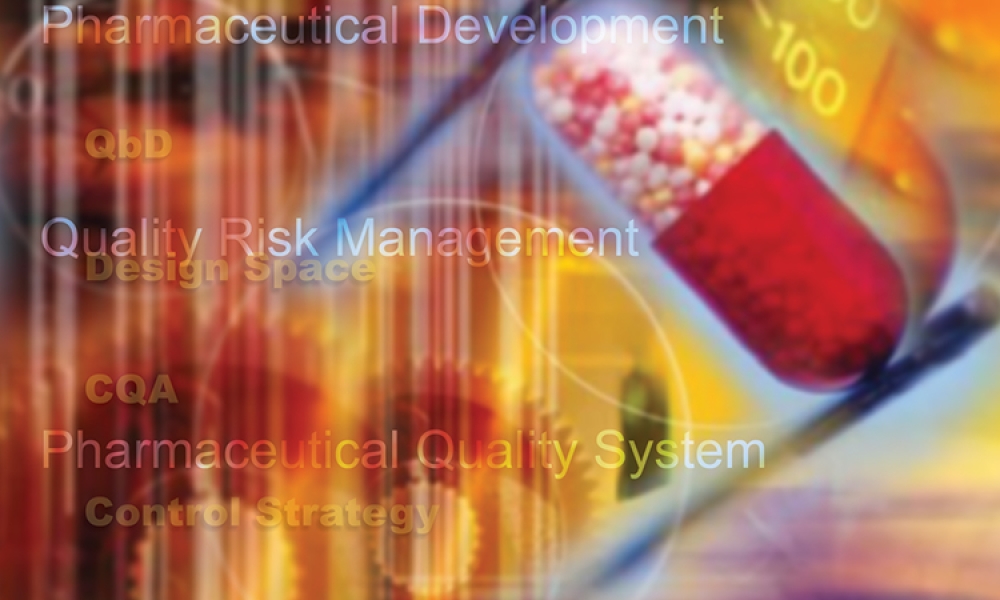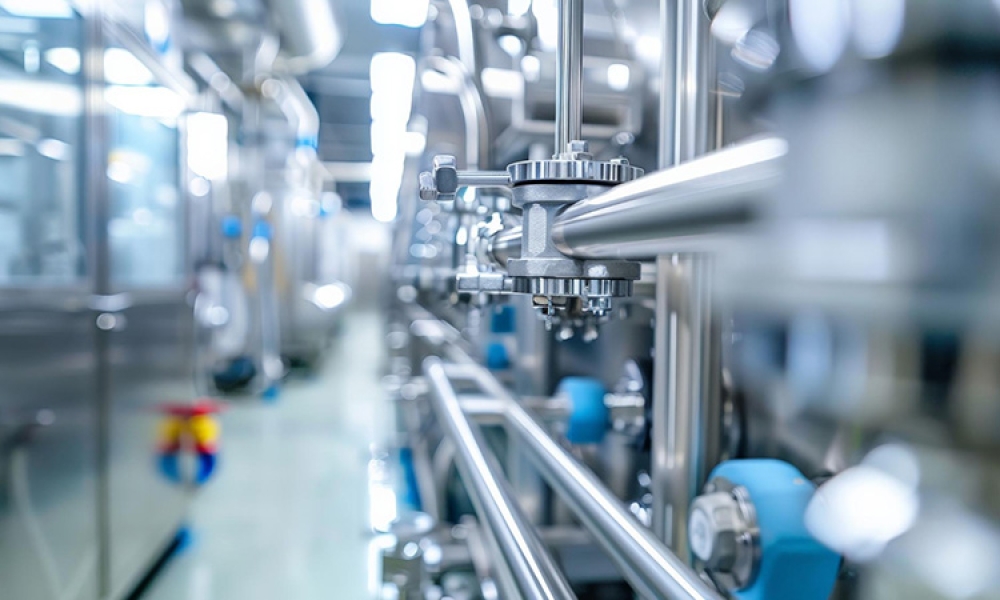Following the open plenary sessions each day, there will be multiple educational sessions including Robotics, Aseptic Manufacturing, Contamination Control, Pandemic Related Projects, High Potent APIs (HPAPIs), and H2O2 Indicators. As always, the speakers were all carefully selected based on their technical expertise and knowledge within the industry, and we appreciate their hard work and support throughout the conference.
This year I have the privilege of leading the session titled: Implementing & Ensuring Robust Contamination Control. To keep you up to date, I will utilize this blog to highlight the session topics and speakers. My session includes a team of extremely knowledgeable industry professionals who will be focusing their attention on contamination control strategies such as best practices for design, implementation, and risk management, along with real time control and process modeling.
Since contamination control is such a critical component of Aseptic processing, proper implementation of controls, as well as evaluation of associated risk is a necessity. Our first presenter, Jeremiah Genest with Amylyx Pharmaceuticals, will discuss the best practices for building a contamination control strategy while maintaining safety and product quality throughout the system lifetime.
Mr. Genest has extensive knowledge, having spent 20 years in the pharmaceutical industry. He is a passionate writer and speaker on topics related to change management, knowledge management, risk management, quality culture, data integrity, and the future of quality.
His approach to managing contamination control includes creating targeted and risk-based measures of contamination avoidance, implementing key performance indicators to assess status of contamination control, and ensuring a defined strategy for deviation management and investigations, including corrective and preventive actions (CAPA) and change management.
In an effort to improve contamination control over the years, there have been many advancements in the strategies, technologies, and tools that have supported the industry while assuring suitable outcomes. Our second presentation will be a joint effort by Dr. Lorenz Liesum and Dr. Tobias Ladner, both with Hoffmann-La Roche. They will focus their discussions on real time control elements and process modeling that supports enhanced control strategies based on a pilot project they have participated in.
Dr. Liesum studied Chemistry and Mathematics and holds a Ph.D. in Physical Chemistry from ETH Zurich. He started his career in the pharmaceutical industry as an analytical scientist in pharmaceutical development at Novartis. He has been in the pharmaceutical industry for over 15 years, specializing in Process Analytical Technology (PAT). He was also involved in regulatory QbD filings. Dr. Liesum leads the focus area of Advanced Analytical Technology within Pharma Technical Innovation at Roche and facilitates the alignment and integration of analytical control strategies and technology development efforts across technical operation. Dr. Liesum is an active member of the global ISPE Process Analytical Technology and Lifecycle Control Strategy (PAT & LCS) CoP.
Dr. Ladner earned his Ph.D. in 2017 as the chair of Biochemical Engineering, RWTH Aachen University, Germany. He started working at Roche in 2017 as the Project Manager in local MSAT for Drug Product, Mannheim, Germany; and in 2020 he became the Global Manager Digital Solutions Lifecycle.
Dr. Leisum’s and Dr. Ladner’s case study is a pilot project related to sterile manufacturing with the objective of implementing a control system using real time elements and utilizing predictive multivariate models for process monitoring of different Aseptic unit operations. Their presentation will elaborate on the difference between these models compared to known use cases for drug substance (DS) manufacturing of biotech products. This pilot is a product driven approach for the introduction of new analytical technologies covering physico-chemical assays as well as rapid microbiological assessments with the overall intention to simplify the release process and reduce the overall release lead time.
The Program Committee and the event planning team sincerely hope you find this session along with all of the other sessions and activities planned for the ISPE Aseptic Conference valuable and interesting! We look forward to your participation in March 2022!
VIEW AGENDA & REGISTER








